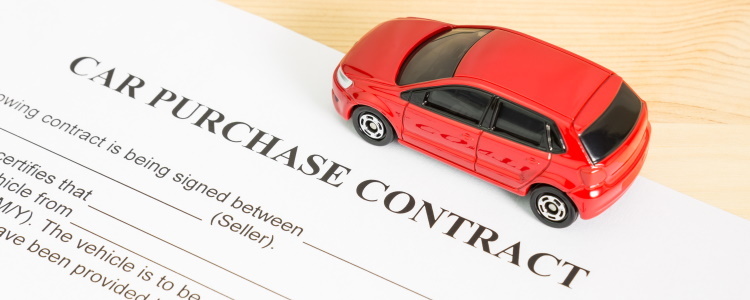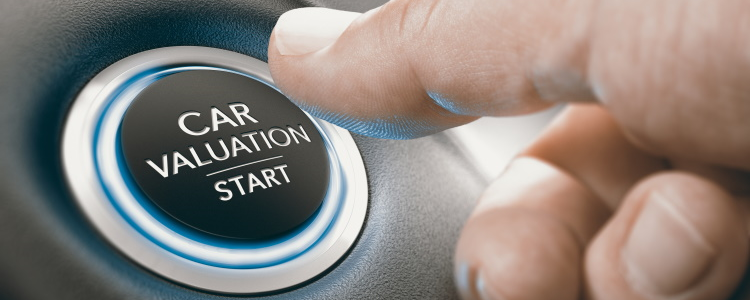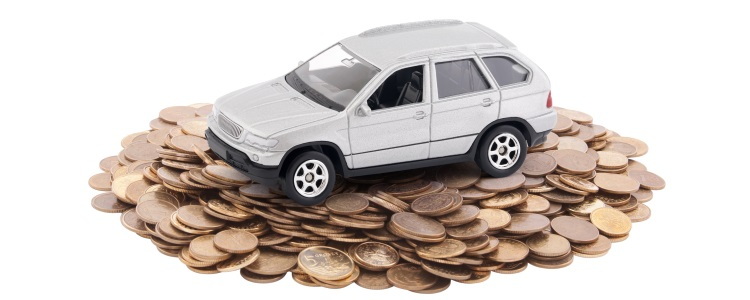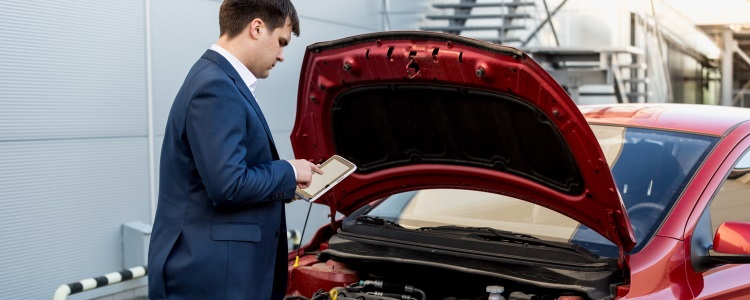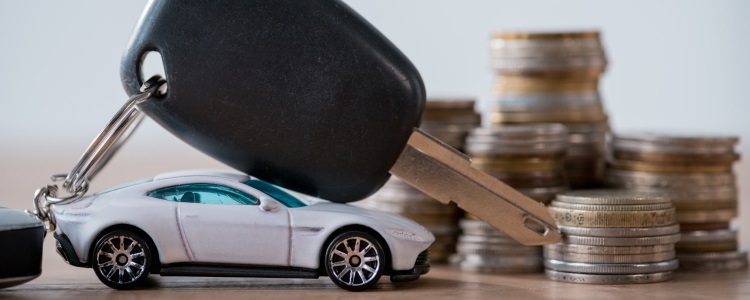Most bad credit car buyers tend to finance used vehicles, which can mean big savings if it’s a reliable model. At some point, however, you may find yourself faced with the dilemma of choosing between fixing your current car or buying a new one if it needs costly repairs or is damaged in an accident. Which option makes the most sense for you depends on several different factors, including your equity situation and the cost of the repairs.
When it Makes Sense to Fix Your Current Car
Life is unpredictable, and so are the vehicles we drive. Used cars tend to come with a higher risk of breaking down and higher repair costs. How often you have to repair it, the type of repairs needed, and how much these repairs cost vary greatly.
In the event your used car needs repairs, and you’re unsure if it’s worth the time and money to fix, consider these three situations where repairing it makes sense:
- The cost to repair your vehicle is cheaper than selling it and buying a new car.
- You can afford your insurance and registration costs, and want them to remain the same.
- You don’t have any equity in your vehicle, therefore, you want to wait more before selling it.
When it Makes Sense to Buy a New Car
What about selling your car and buying a new one? In some cases, it can make the most sense to leave the vehicle as it is – unrepaired – and simply buy a new car. Consider these three options where selling your vehicle and buying a new one makes the most sense:
 If you determine the repair costs are more than the car's worth, you’re better off trading it in for a new one or selling it privately.
If you determine the repair costs are more than the car's worth, you’re better off trading it in for a new one or selling it privately.- If there’s equity involved, and you can trade in your current vehicle and use the money as a down payment on a newer car.
- If your vehicle needs have changed, and you’re ready for a newer, safer car than the vehicle you currently have.
Finding Your Vehicle’s Actual Cash Value
When deciding if you should repair or sell your car, you need to know what its actual cash value (ACV) is, and how much equity you have. To find the ACV, head to a dealership or two and get an appraisal. They tell you the exact amount the vehicle is worth to them. Make sure you get at least one appraisal from a franchised dealer of your make.
To calculate how much equity you have, you first need to request a 10-day payoff from your lender. Then, take the ACV and subtract it from the payoff amount. The difference is how much equity you have.
If you come up with a negative number, you have negative equity, which means you owe more than what the car’s worth. You can eliminate negative equity by paying the difference, rolling over the difference into the new loan, or waiting until you have equity.
The Bottom Line
If you have to decide between fixing your current vehicle or buying a new one, it’s important that you weigh all the options available, and know just how much your car is worth. If you need assistance selling your vehicle, our trusted partner can help. If you’re just looking for a bad credit auto loan, we can assist with that as well.
At Auto Credit Express, we’ve been helping credit-challenged car buyers get the financing they need for over 20 years by connecting them to the right dealership for them. All you need to do to get started is complete our free and quick auto loan request form. Don’t wait any longer, get started right now!
